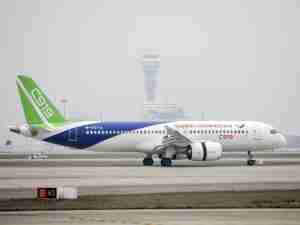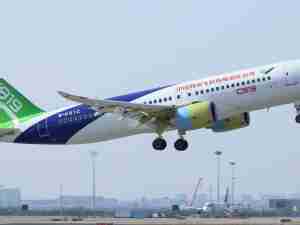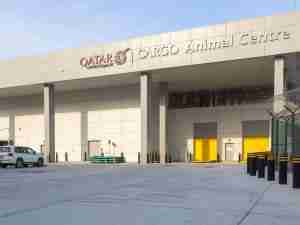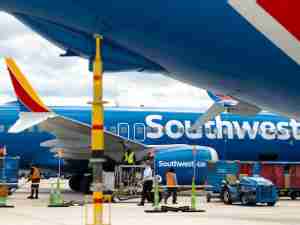United Continental Holdings Inc. retreated from a plan to replace modest employee bonus payments with a chance for a lucky few to win luxury cars and six-figure cash prizes, following a backlash from the airline’s unions.
The company is “pressing the pause button” on any changes to the bonuses, President Scott Kirby said Monday in a message to employees, just three days after announcing the new approach. He pledged to solicit feedback from employee groups after staunch opposition to his plan to replace steady payouts with high-stakes drawings for prizes including $100,000 and Mercedes-Benz C-Class sedans.
“Our intention was to introduce a better, more exciting program, but we misjudged how these changes would be received by many of you,” Kirby wrote.
The dust-up over the bonus lottery showed that United is struggling to overcome a legacy of poor labor relations since its 2010 merger with Continental Airlines. Employees began expressing outrage on worker forums and complaining to union representatives shortly after the changes were announced March 2.
“You can give them some credit for reversing their decision, but it should’ve never happened,” said CFRA Research analyst Jim Corridore. The airline has been plagued by “misstep after misstep after misstep” since the merger, he said.
‘Unilaterally Determined’
“To be clear—this program was not negotiated with the union. It was unilaterally determined by management,” Ken Diaz, president of United’s chapter of the Association of Flight Attendants, said in a letter to his membership. “While we were surprised by some of the components of the program, there is no part of the reaction by flight attendants and other employees that surprises us.”
Employees were upset that what had been a reliable source of income was now subject to a drawing. The Chicago-based airline also added a new wrinkle: To be eligible, workers needed perfect attendance for the quarter. The company traditionally rewarded people with small payments when it hit certain on-time and completion rate targets.
Under the system proposed by Kirby, more than 1,300 workers would win cash prizes of as much as $100,000. The second prize was to win one of 10 Mercedes-Benz C-Class sedans, or $40,000 in cash. More modest winnings were also available, but workers balked because the majority of United’s almost 90,000 employees would forgo quarterly checks in the $250 range.
While the bonuses were discretionary and not part of any contract, “it starts to become a counted-on piece of income, and now that income might not be there,” said Mike Klemm, whose International Association of Machinists and Aerospace Workers represents around 28,000 United employees.
Southwest Airlines Co. has its own lottery system that awards a small number of employees cash prizes based on the number of company goals achieved each year, a spokeswoman for the carrier said. The drawings, part of a broader program that awards workers acknowledged by peers, didn’t replace another reward system, she said.











